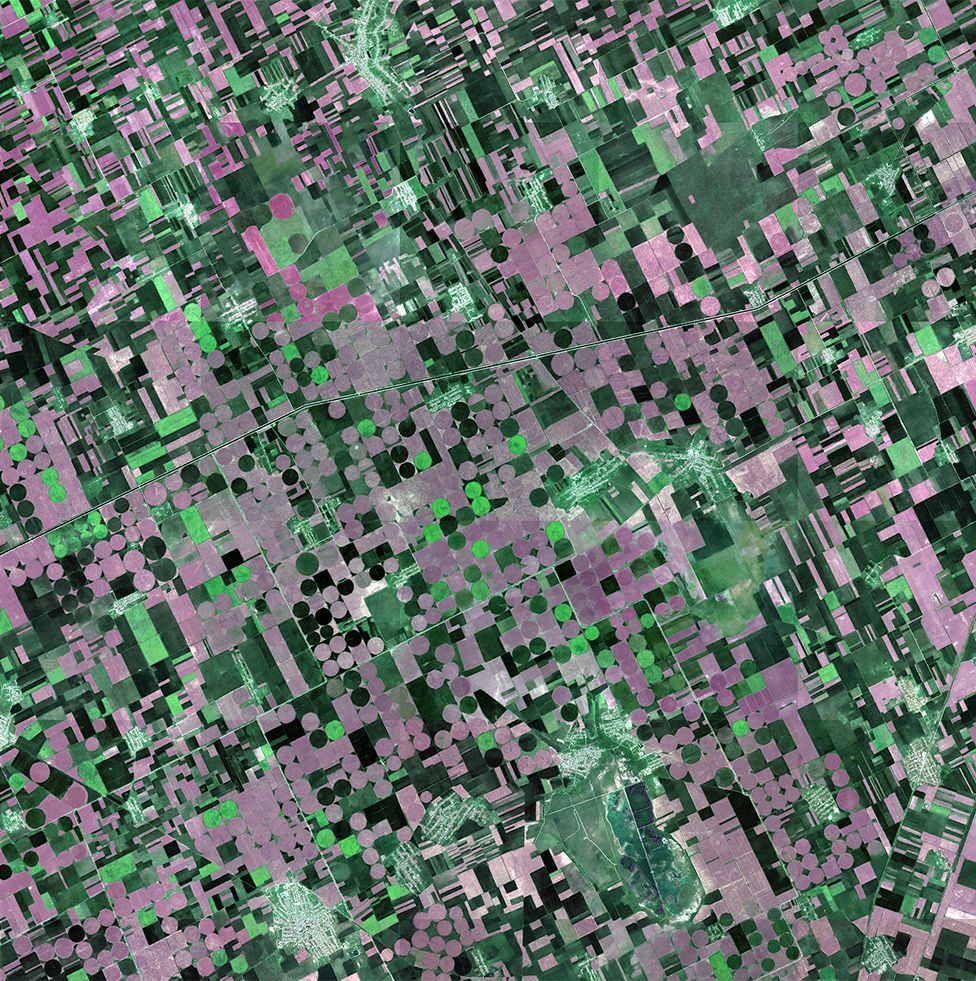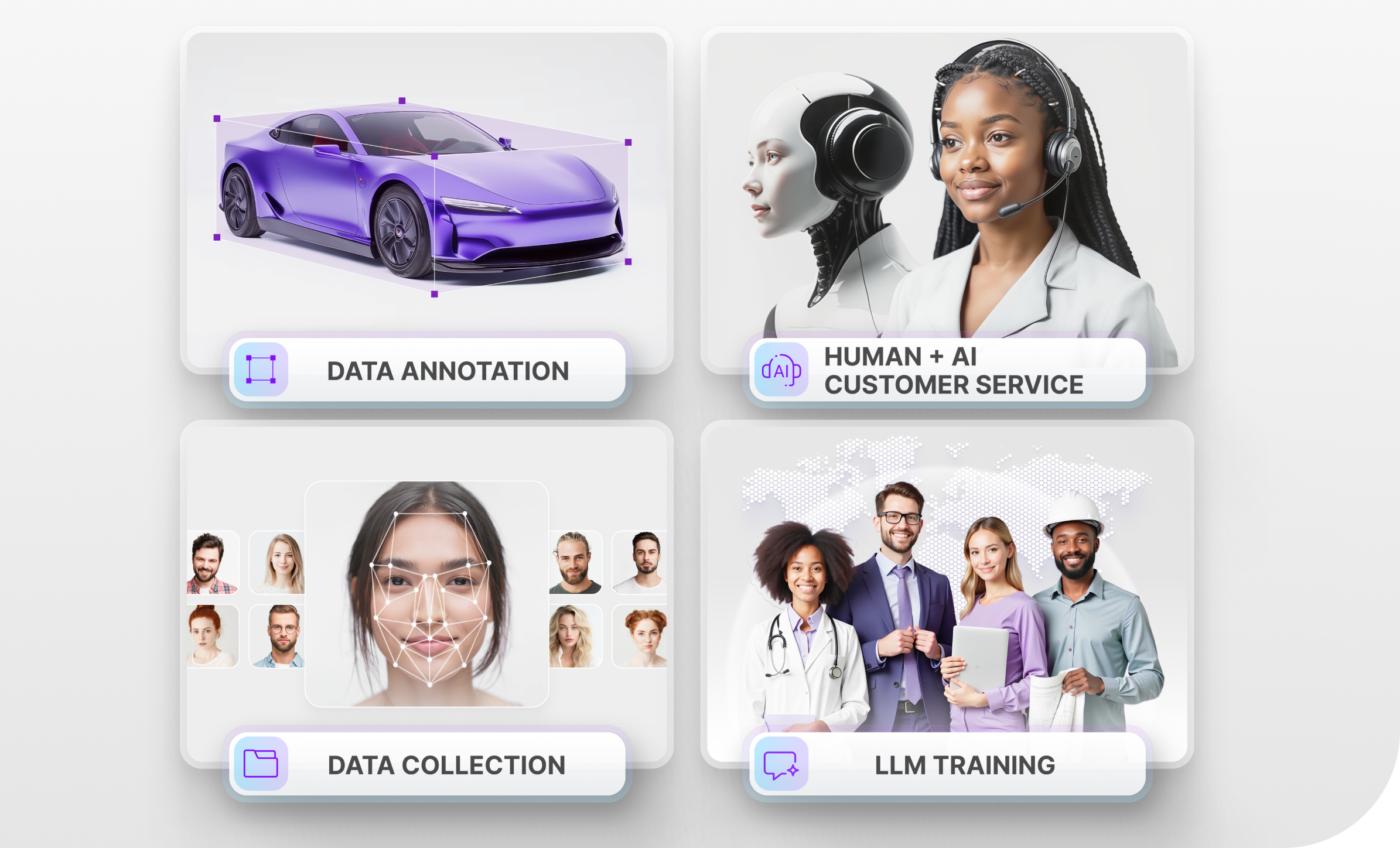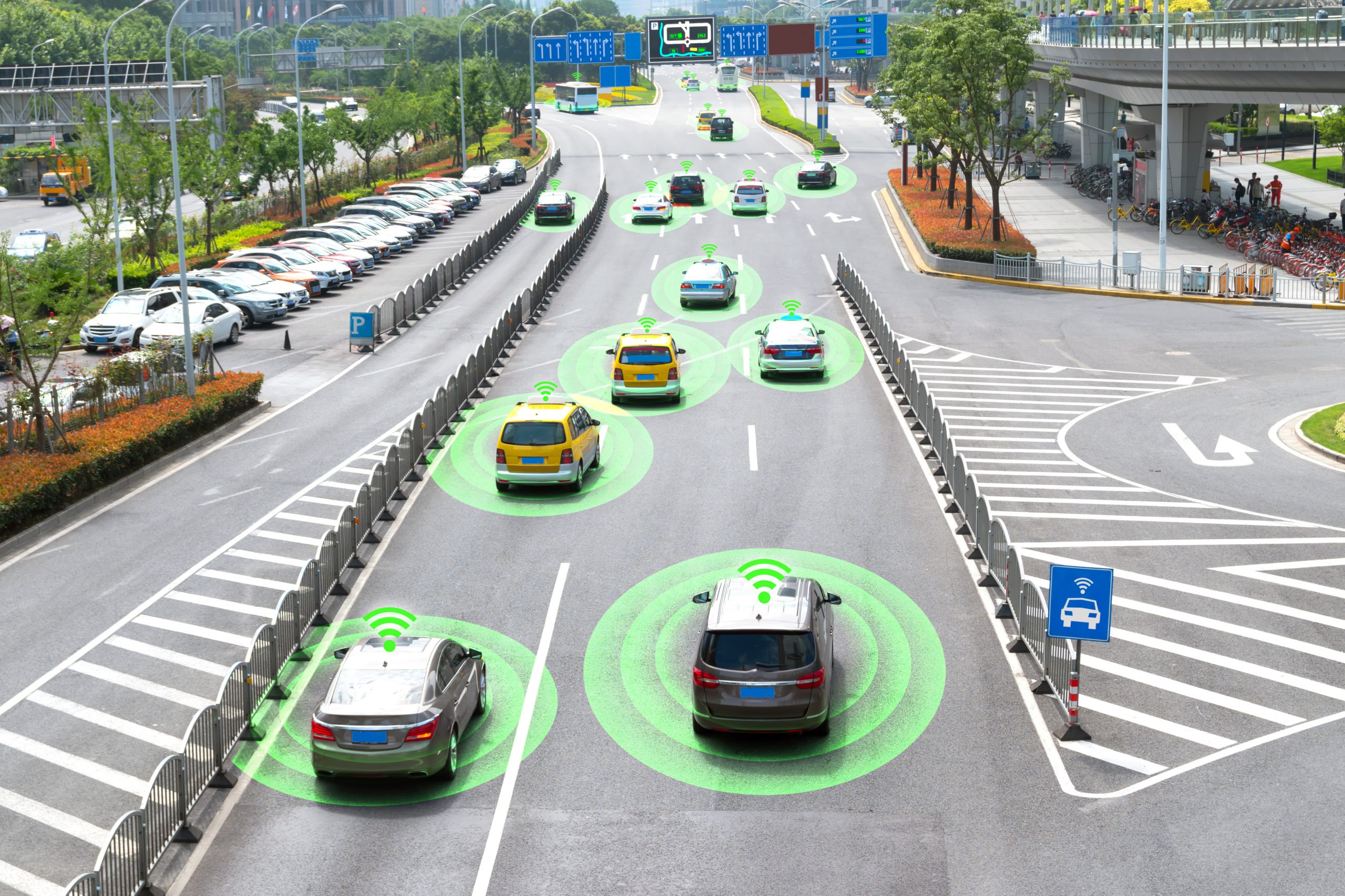How AI and Data Annotation Helping Farmers See Crop Land Covered By Clouds
AI has become an important tool farmers use for monitoring their land and increasing crop yield. A lot of the technology relies on drones flying over the land or satellite images and taking which would be used as training data to help farmers obtain all kinds of analytics into the health of the crops, make better use of the land, and many other things. However, what if the drone’s camera is obstructed by clouds? Thanks to new developments, AI can help farmers get around this problem as well. Let’s take a look at this new AI technology and the data annotation that is required to create it.
Producing Clear Images of the Fields in All Types of Weather Conditions
A startup from the UK, Aspia Space, created AI technologies that can produce quality images of the fields in any type of weather condition. They are a part of a cluster of operators hoping to benefit from the new space economy being built around Spaceport Cornwall, which is due to start launching rockets from Newquay this summer.
Basically, they take images from the European Union’s workhorse Sentinel-2 spacecraft, which views the ground at so-called optical wavelengths – the type of light to which our eyes are also sensitive. Its pictures are intuitive and easy to analyze – unless the ground is smothered by a cloud, which in the UK is a frequent occurrence. But another EU satellite, Sentinel-1, uses radar to map the ground. Its microwave emission has no problem piercing clouds. Indeed, Sentinel-1 will even see the surface in darkness, at night. The difficulty with this type of observation, however, is that it is very technical and requires real skill and expertise to interpret.
So Aspia has trained its algorithm to interpret the radar reflections and turn them into a synthetic optical image. This would allow farmers to use the Sentinel-2 quality images year round instead of having them only during the growing season.
What is the Significance of This New Technology?
Farmers are increasingly relying on AI for things like:
- Using AI and machine learning-based surveillance systems to monitor every crop field’s real-time video feeds identifies animal or human breaches, sending an alert immediately.
- Improving crop yield prediction through real-time sensor data and visual analytics data from drones.
- Yield mapping which is an agricultural technique that relies on supervised machine learning algorithms to find patterns in large-scale data sets and understand the orthogonality of them in real-time.
If the weather conditions cloud or obstruct the land in any way, the farmers miss out on all of the data that could be collected and, consequently, will not be able to take advantage of the insights such data may hold. This technology removes such limitations, allowing farmers to make better use of AI technology.
Which Types of Data Annotation are Required to Train Such AI technology
Creating the type of AI technology we talked about requires a lot of image and video data annotation. To better understand this, let’s explore the image below:

As we can see in the image, the farmlands can take many shapes, sizes, and forms and the drone needs to be able to separate one plot of land and another. This means that human data annotations need to contour all of the plots of land so the drone can learn all of the boundaries. If the plots of land are rectangular, then 2D box annotation may be enough. However, more advanced projects will require semantic segmentation to obtain more detailed analysis such as the types of crops, and potential issues with the land.
Trust Mindy Support With All of Your Data Annotation Needs
If you are creating an AI product that requires large volumes of data annotation, consider outsourcing such work to Mindy Support. We are a global company for data annotation and business process outsourcing, trusted by several Fortune 500 and GAFAM companies, as well as innovative startups. With 9 years of experience under our belt and offices and representatives in Cyprus, Poland, Romania, The Netherlands, India, and Ukraine, Mindy Support’s team now stands strong with 2000+ professionals helping companies with their most advanced data annotation challenges. Contact us to learn more about what we can do for you.





